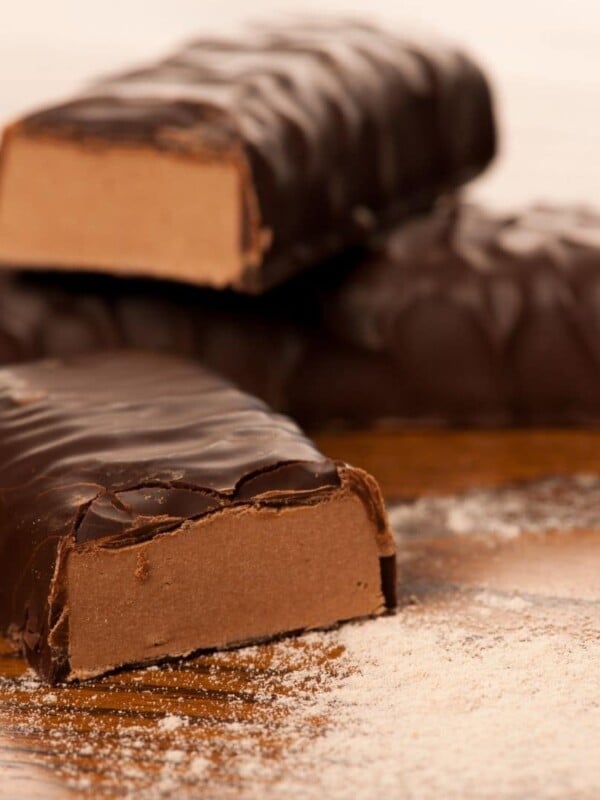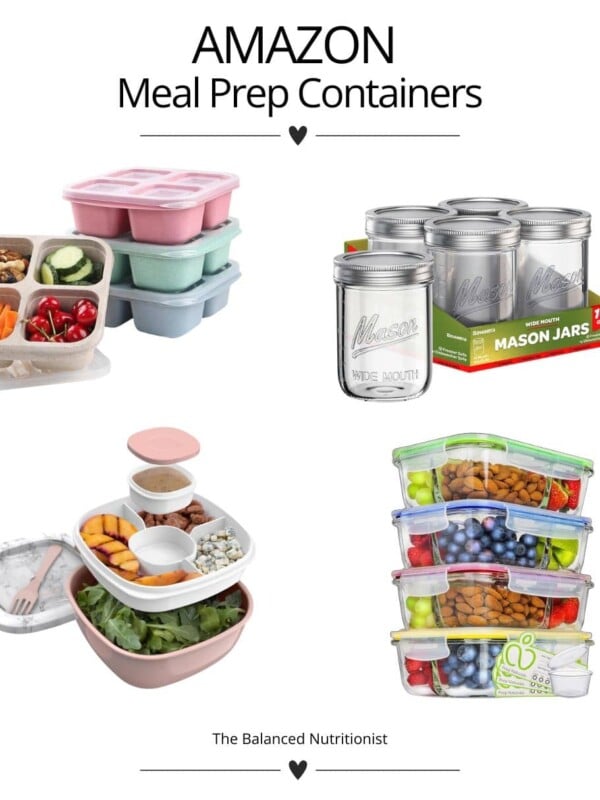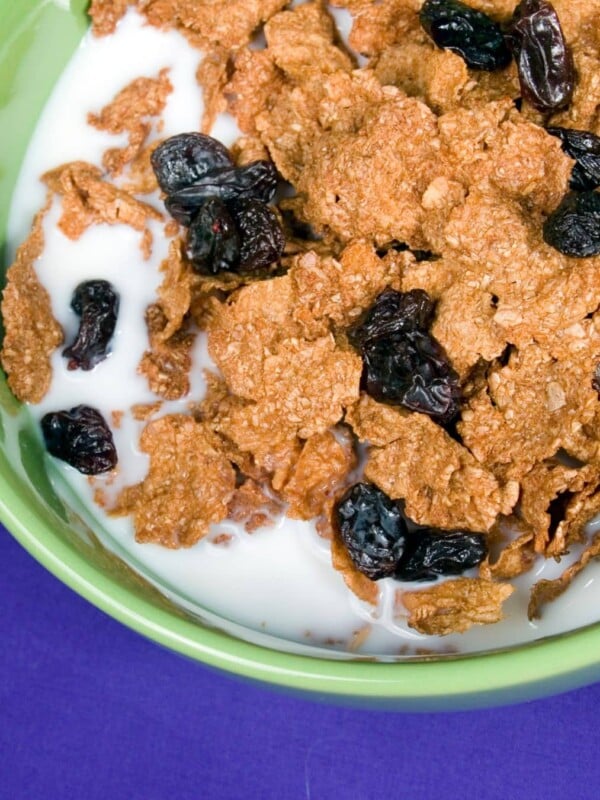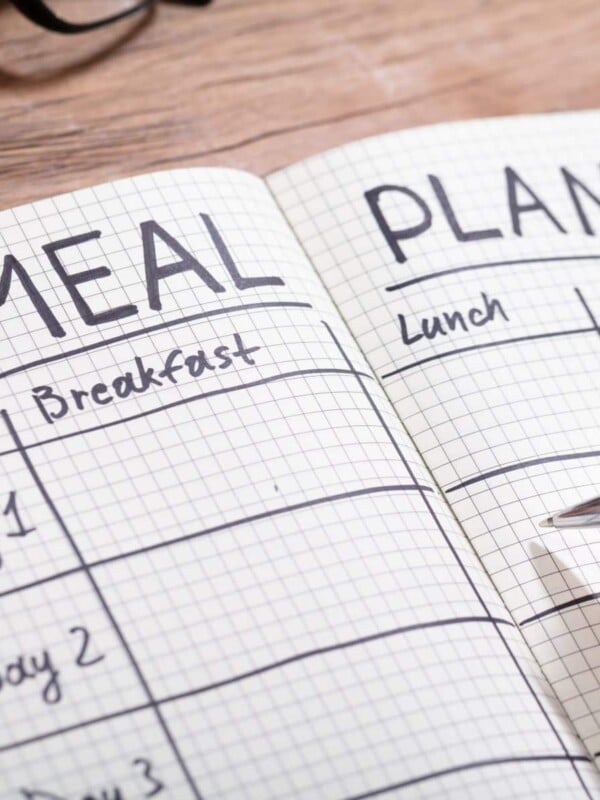This post may contain affiliate links. Please read our disclosure policy.
Whether it’s a busy Monday morning or you’ve had too many late nights, many of us rely on caffeine to get through the day. Coffee and energy drinks are two popular choices for a quick boost. But let’s talk coffee vs energy drinks: which one is better for you?
Welcome! I’m Jamie, Registered Dietitian. In this blog post, I’ll compare coffee and energy drinks, looking at their ingredients, benefits, and potential drawbacks. We’ll help you make an informed decision about your caffeine intake.
So, coffee vs energy drinks: which one is a healthier choice?
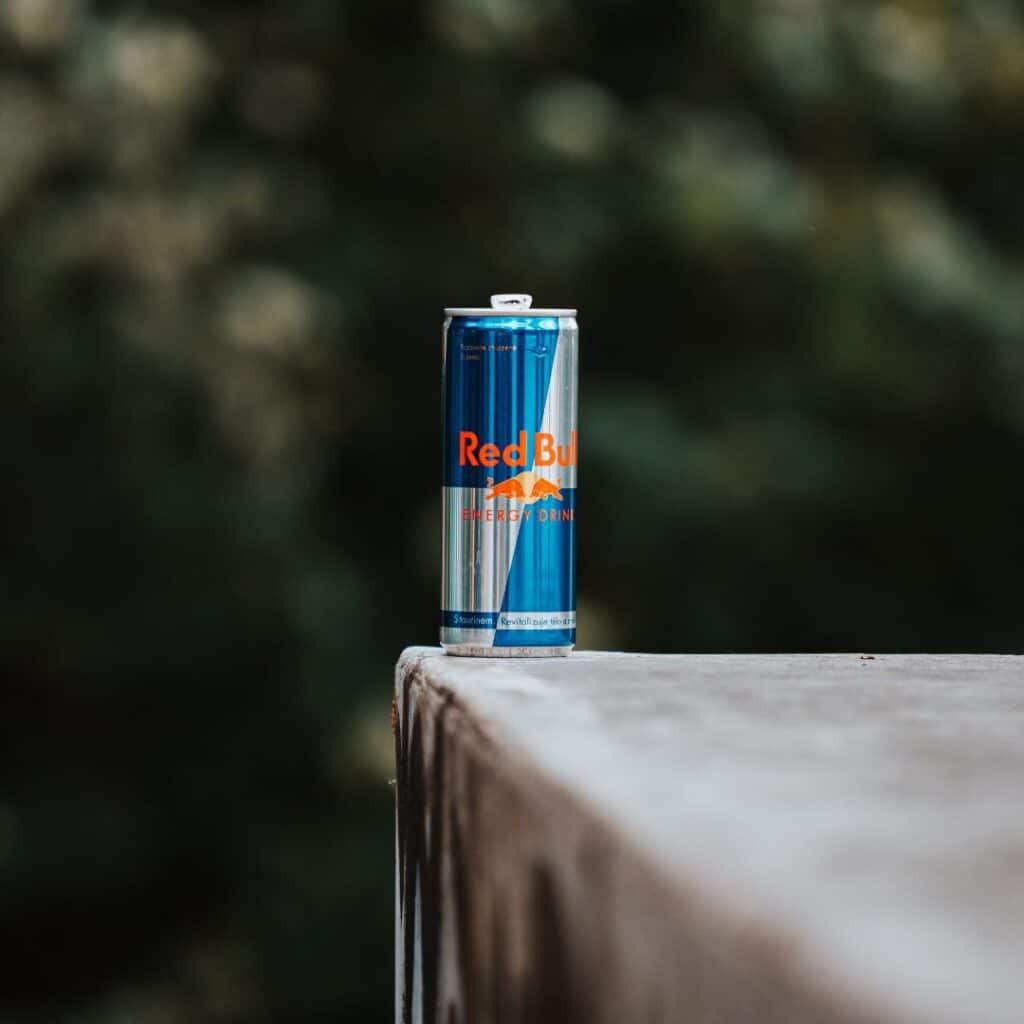
Overview of Coffee and Energy Drinks
Coffee has a long history and cultural significance. Originating in Ethiopia, it’s become a global staple.
Now, coffee consumption has become a morning ritual for many people. People enjoy one (or a few cups of coffee) in many forms, from plain black coffee to elaborate lattes and espressos. Coffee shops have also become a cultural staple.
Energy drinks have also become a very popular drink over the past two decades. Brands like Red Bull, Monster Energy Drinks, and Rockstar dominate the market.
Energy drinks are known for their convenience and quick boost of energy. While both drinks have caffeine, energy drinks often have lots of other ingredients as well. Coffee has one ingredient (usually); coffee beans.
Ingredients and Nutritional Content
Coffee
Coffee is naturally rich in caffeine and antioxidants. One 8-oz cup of coffee typically has 80-100 mg of caffeine. A typical cup of black coffee has minimal calories and is also a source of riboflavin. Otherwise, it doesn’t have much in terms of nutrients.
While coffee is naturally low calorie (about 2 calories per cup), many people add quite a bit to it before taking a sip or grabbing it from the drive through.
It depends on how you make it, but cream, milk, sugar and syrups can add significant amounts of sugar and calories to it. In fact, a grande white mocha from Starbucks has almost 400 calories and 46 grams of sugar.
Energy Drinks
Energy drinks contain caffeine and may also contain a wide range of other ingredients too including taurine, sugars, and various vitamins. Depending on which brand you’re comparing, they may also have other additives like artificial sweeteners and high levels of certain vitamins. Some brands also have large amounts of caffeine, much higher amounts than a standard cup of coffee.
In fact, I’ve written about various energy drinks before. Check out my post on: Is Celsius Bad for You?
Unless you choose a sugar-free variety, the nutritional profile of most energy drinks includes more calories and sugar (sometimes a LOT more sugar) compared to black coffee, so the sugar intake is something to consider.
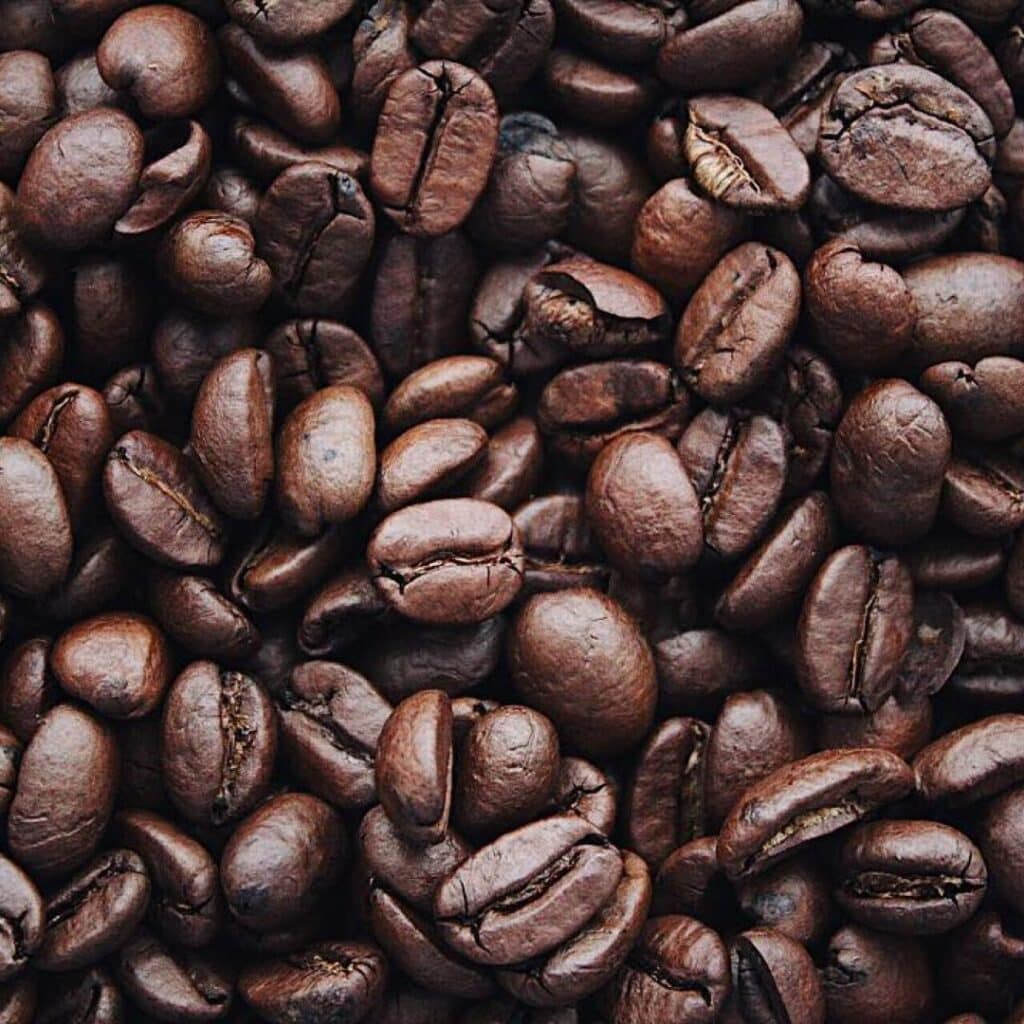
Health Benefits
There are some benefits of these drinks, so let’s compare the two.
Benefits of Coffee
Coffee offers potential health benefits like improved cognitive function and antioxidant properties. Moderate coffee consumption might even reduce the risk of certain diseases, such as Parkinson’s and type 2 diabetes.
For most healthy adults, moderate consumption of coffee is okay.
Benefits of Energy Drinks
Energy drinks provide an immediate energy boost and increased alertness. They’re convenient and portable, making them a go-to for many.
Some brands also add vitamins and minerals, which can be beneficial when consumed in moderation; however, they aren’t as helpful when they’re packaged with a lot of sugar and artificial ingredients.
That said, energy drinks can contain high amounts of caffeine as well as other things like herbal ingredients, so it’s always important to check the ingredients especially if you take any medications.
Health Risks and Drawbacks
Both energy drinks and coffee come with potential risks; let’s compare the risks associated with coffee and energy drinks next.
Risks of Coffee
Excessive caffeine intake from coffee can lead to negative effects like anxiety, insomnia, and digestive issues. People with certain health conditions, like heart disease or pregnancy, should be cautious with their coffee consumption.
A standard cup of coffee tends to have less caffeine than energy drinks, so it’s a little easier to stay under the recommended milligrams of caffeine per day (<400mg).
Risks of Energy Drinks
Energy drinks often have high sugar content, which can lead to weight gain and blood sugar spikes. Other additives, like artificial sweeteners, dyes, and other additives, may not be a good fit for everyone’s values for eating.
There’s also a risk of caffeine overdose, which as mentioned, can result in symptoms like anxiety, heart palpitations and increased heart rate, insomnia and digestive issues. In severe instances it can even cause sudden high blood pressure, trouble breathing and seizures.
This risk is because some energy drinks have caffeine levels that are much higher than a cup of coffee. For example, some energy drinks have up to 400mg of caffeine, which is the maximum recommended daily caffeine intake. If you choose energy drinks, it’s super important to pay attention to the amount of caffeine in each drink.
Practical Considerations
Coffee is generally cheaper than energy drinks, especially when brewed at home. It also tends to be lower in caffeine so it’s easier to stick to moderate amounts. It’s also easier to customize since you can add whatever you want.
Energy drinks can get expensive and many pack high amounts of sugar and caffeine per can. It can be much easier to exceed caffeine recommendations, especially if you’re having energy drinks in addition to coffee.
If you’re a healthy adult (key words: healthy, and adult), either can work but it’s important to be mindful of how much caffeine you’re taking in, as high levels of caffeine can have negative consequences.

Making an Informed Choice
So, which is the better choice? Like most things, it depends!
Consider your caffeine tolerance and health conditions when choosing between coffee and energy drinks, or even both. Think about your daily routine and energy needs. Are you looking for a quick boost or a slow, steady release of energy?
Also keep in mind the total caffeine throughout the day so that you don’t go overboard on a typical day. Coffee, black tea, and chocolate all contain caffeine, and more and more products are available that have caffeine added to them, such as chewing gum.
Because of the range of ingredients and caffeine amounts, drinks are not appropriate for children or high school students and may not be appropriate for those with certain health conditions.
I also recommend making sure that you’re stopping caffeine early enough in the day so that it does not impact your ability to get a good night’s sleep. And if you’re finding that it’s making you jittery or anxious, it might be time to look at your intake.
Consuming caffeinated beverages in moderation is key. Mix up your intake with other healthy options like water and herbal teas. Balance your caffeine consumption with a healthy lifestyle to maximize benefits and minimize risks.
Drink recipes
Want to try your hand at some delicious, lower-sugar drinks? Here are a few of my favorite recipes for you to taste test!
- Iced Brown Sugar Coffee
- Iced Peach Green Tea Lemonade (Low-Sugar Starbucks Copycat)
- Iced Strawberry Green Tea Recipe
Energy drink reviews
Ready to dive further into the details about specific brands of energy drinks? I have several more articles for you to check out:
- Are Ghost Energy Drinks Bad For You? A Dietitian Review
- Is Celsius Bad for You? The Truth from a Dietitian
Key takeaways
Coffee and energy drinks both have their pros and cons and it really comes down to personal preference. Coffee offers a more natural boost with antioxidants, while energy drinks provide a quick jolt of energy with added vitamins.
Consider your personal needs, lifestyles, and health conditions when making a choice. Remember, moderation is key.

